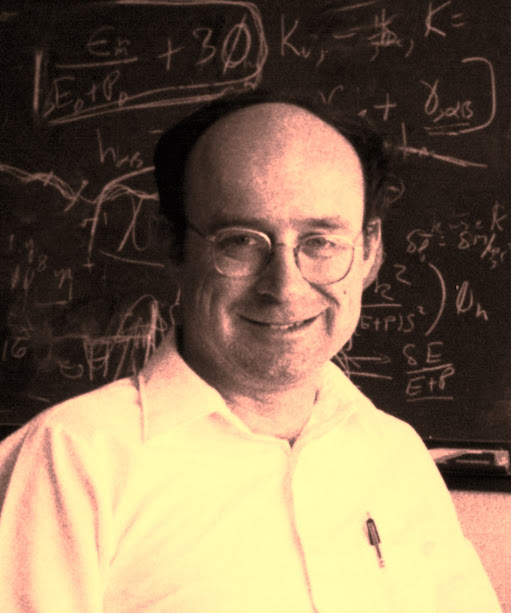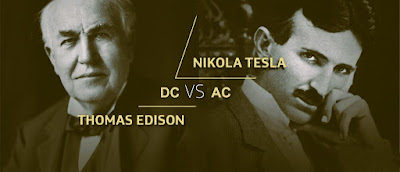Alfred Nobel : A Will from where Nobel prize starts
Nobel donated the majority of his income in his will to establish the Nobel Prizes, which are presented yearly in a variety of categories, including Physics, Chemistry, Physiology or Medicine, Literature, Peace, and, later, the Sveriges Riksbank Prize in Economic Sciences in Memory of Alfred Nobel. Individuals who made important contributions to these sectors and encouraged the development of humanity were to get the awards. Nobel Prizes were first awarded in 1901, five years following Nobel's death.
Nobel was inspired to establish the Nobel Prize after reading a premature obituary in a French newspaper that referred to him as the "merchant of death" owing to his invention of dynamite. This encounter apparently had a profound impact on Nobel, who resolved to create a lasting legacy that emphasized peace, progress, and contributions to mankind.
Alfred Nobel died on December 10, 1896, at the age of 63, in San Remo, Italy. His creation of dynamite and the Nobel Prizes have had long-lasting effects on science, literature, peace endeavors, and global acknowledgments of great achievements.




Comments
Post a Comment